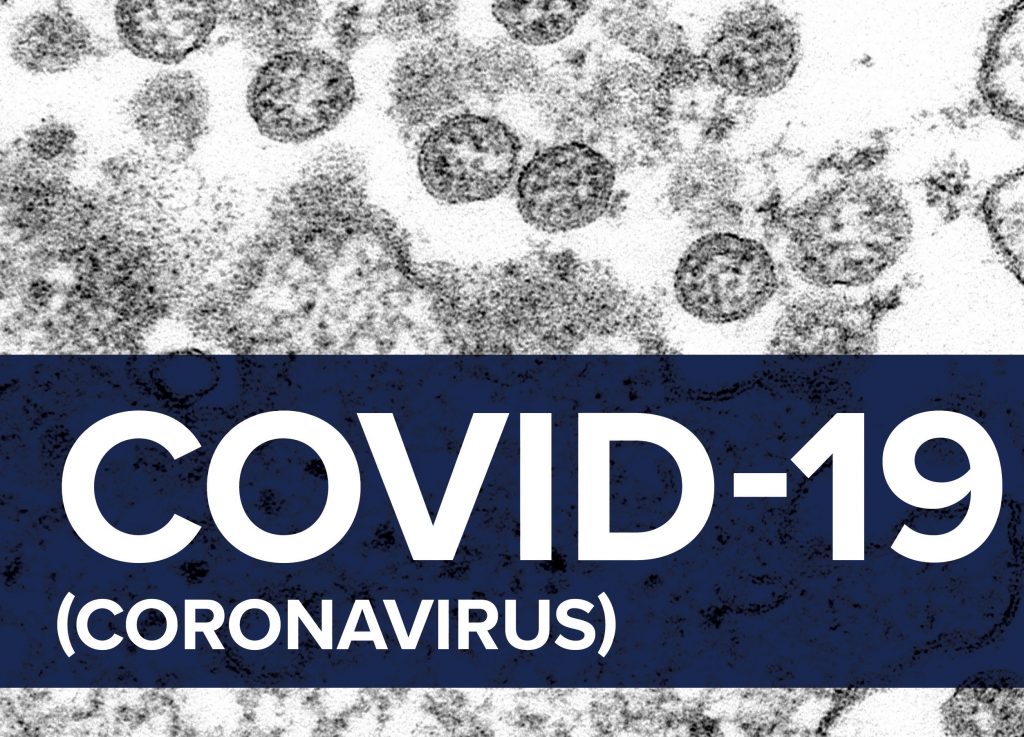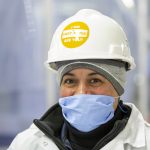Adjusting plans and adapting to challenges. We’re accustomed to it in our business. The most recent example is the global spread of coronavirus, known as COVID-19.
We’ve been closely monitoring this ever-evolving situation since January and formed a working group of leaders from the across the company that has been meeting on a regular basis. We’re committed to doing our part to limit the spread of this disease.
Protecting our team members is extremely important. We’ve already taken steps to protect and educate them and are working to ensure the continuity of our business.
Travel
We’ve implemented additional travel restrictions. We have suspended all international travel from the U.S. and in some cases will ask team members who have recently traveled internationally to self-quarantine. We’re also putting limits on team members scheduling or attending large, work-related trade shows or conferences.
Team Members
To help protect our team members and communities, we’re following the advice of the Centers for Disease Control and Prevention (CDC), including taking the following measures:
- Encouraging sick team members to stay home.
- Separating and sending home team members who appear to have respiratory symptoms.
- Promoting frequent handwashing, as well as sneezing etiquette.
- Routinely cleaning frequently touched surfaces in the workplace.
We’ve posted these recommendations and other information in our plants and offices and will continue to update our team members as this situation progresses.
Operations
Protecting our business operations is also extremely important. That’s why we’re using a questionnaire to screen all visitors to our facilities before allowing entry. We continue to emphasize Good Manufacturing Practices for sanitation in all food production and storage areas and to emphasize sanitation measures in all other common areas.
We are closely engaged with each part of our supply chain to manage and prevent disruption of supplies, production and distribution. We have business continuity measures in place designed to help ensure supply and are actively working to identify risks and find alternatives to any part of our supply chain that could be affected by this outbreak.
Food Safety
Coronavirus or COVID-19 is not considered a food safety concern.
The CDC says “currently there is no evidence to support transmission of COVID-19 associated with food.” USDA reports “There is no evidence at this time to suggest that the Coronavirus is a foodborne pathogen.” According to a statement from the FDA, “We are not aware of any reports at this time of human illnesses that suggest COVID-19 can be transmitted by food or food packaging.”
Food safety is critical to Tyson Foods. Our staff of more than 2,500 food safety professionals, some who work with federal inspectors in our facilities, will continue their work to ensure the products we provide remain safe and wholesome.
Continued Diligence
While it’s unknown how much coronavirus will continue to spread or how long it will last, you can be assured that we will continue to adjust and adapt to address it. We’re committed to protecting our team members and ensuring we’re in a position to continue supplying safe, affordable, high quality food to our customers and consumers.




